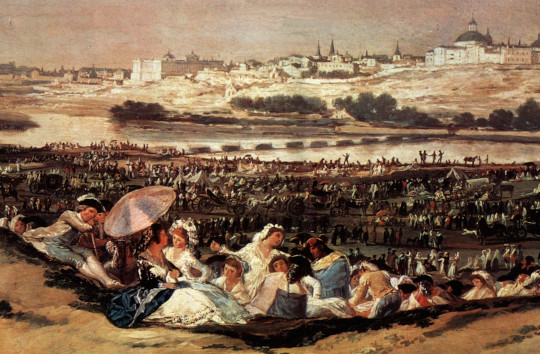Albert Einstein? Jerome Halprin? Abba Eban? Leonard Lyons? Sidney Greenberg? Paul Connett? Anonymous?

Question for Quote Investigator: A popular quip highlights the distinction between the adjectives clever and wise:
A clever person solves a problem. A wise person avoids it.
This notion can also be expressed as follows:
A clever person gets out of a situation that a wise person would never get into.
The first statement is often attributed to Albert Einstein, but I have been unable to find a solid citation. Would you please explore this topic?
Reply from Quote Investigator: There is no substantive evidence that Einstein wrote or spoke either of the statements above. Neither is listed in the comprehensive reference “The Ultimate Quotable Einstein” from Princeton University Press. Einstein died in 1955, and he received credit for the saying many years afterward in 1992.1
This quip is difficult to trace because it can be phrased in many ways. The earliest match located by QI appeared on April 11, 1969 in the “Jewish Journal” of New Brunswick, New Jersey within a short editorial piece without a byline titled “Nobody Asked Me, But”. Boldface added to excerpts by QI:2
Do you know the difference between a clever man and a wise man? A clever man gets out of situations that a wise man would never get into.
The editor listed on the masthead of the “Jewish Journal” was Jerome Halprin, so he might be credited with the joke, but QI believes the quip was probably already circulating with an anonymous origin.
Below are additional selected citations in chronological order.
Continue reading “Quote Origin: A Clever Person Solves a Problem. A Wise Person Avoids It”
 Dear Quote Investigator: If you are an altruistic or philanthropic person you face many choices. It is natural to ask, “What does the world need?” Yet, it is essential to maintain commitment and enthusiasm. Hence, you should ask yourself what makes you come alive. This will help you decide what to do. The world needs people who have come alive.
Dear Quote Investigator: If you are an altruistic or philanthropic person you face many choices. It is natural to ask, “What does the world need?” Yet, it is essential to maintain commitment and enthusiasm. Hence, you should ask yourself what makes you come alive. This will help you decide what to do. The world needs people who have come alive. Dear Quote Investigator: Texas is a beloved state to many, but it also has detractors. One comical remark compares the state unfavorably to Hades:
Dear Quote Investigator: Texas is a beloved state to many, but it also has detractors. One comical remark compares the state unfavorably to Hades: Dear Quote Investigator: The naïve extrapolation of current events leads to faulty predictions. Apparently, the influential English novelist and essayist George Orwell made a point of this type regarding the overestimation of victors in recent battles. Too often people view ruthless contemporary winners as invincible and are unable to recognize flaws. Would you please help me to find a citation?
Dear Quote Investigator: The naïve extrapolation of current events leads to faulty predictions. Apparently, the influential English novelist and essayist George Orwell made a point of this type regarding the overestimation of victors in recent battles. Too often people view ruthless contemporary winners as invincible and are unable to recognize flaws. Would you please help me to find a citation? Dear Quote Investigator: Philosophers, religious figures, and spiritual gurus have been making claims about the meaning of life for millennia. The comedian Woody Allen apparently offered his own quixotic analysis. Would you please help me to find a citation?
Dear Quote Investigator: Philosophers, religious figures, and spiritual gurus have been making claims about the meaning of life for millennia. The comedian Woody Allen apparently offered his own quixotic analysis. Would you please help me to find a citation? Dear Quote Investigator: Fortunate people experience life as an overflowing banquet coupled with a remarkable series of sights and sounds. But most people have more complicated ordeals. Here are two pertinent expressions:
Dear Quote Investigator: Fortunate people experience life as an overflowing banquet coupled with a remarkable series of sights and sounds. But most people have more complicated ordeals. Here are two pertinent expressions: Dear Quote Investigator: An eloquent agricultural metaphor occurs within an astute proverb about the value of preparation and investment:
Dear Quote Investigator: An eloquent agricultural metaphor occurs within an astute proverb about the value of preparation and investment: